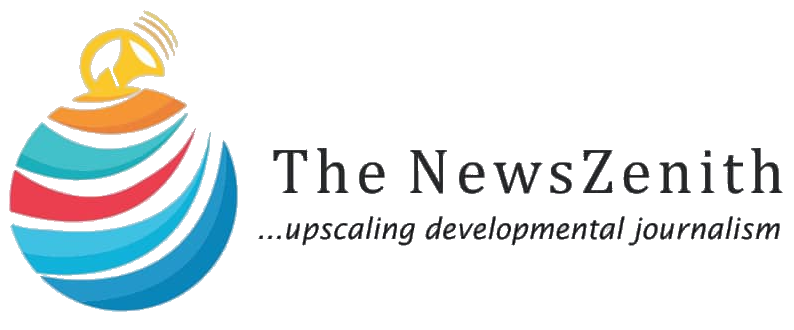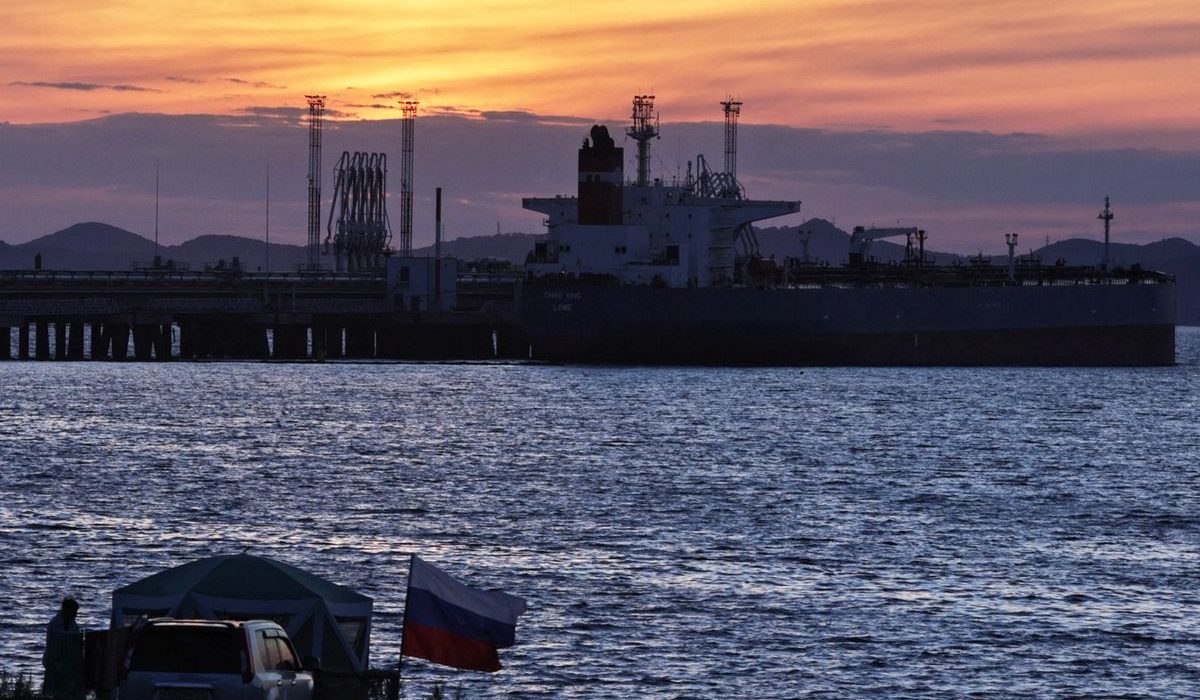Oil prices settled higher on Tuesday in choppy trading after China posted weak but expectation-beating annual economic growth data.
Brent crude futures settled up $1.46, or 1.7 per cent to $85.92 while U.S. West Texas Intermediate (WTI) crude settled up 32 cents, or 0.4 per cent, at $80.18.
There was no settlement on Monday because of a U.S. public holiday for Martin Luther King Day.
However, New York state manufacturing contracted sharply in January as orders collapsed and employment growth stalled.
And analysts expect little improvement over the next six months, according to a Tuesday Federal Reserve survey.
“The question is how does the Federal Reserve respond to such a mixed bag of economic performance,” said John Kilduff, partner at Again Capital LLC in New York.
Oil was bolstered by a weaker U.S. dollar, which fell against most major currencies on Tuesday.
Read Related News:
Oil climbs on supply disruptions, China optimism
Kolmani Oil Project: We’ve attracted $3bn investment in fossil energy – Buhari
Saudi Aramco Q3 net income jumps 39% on crude prices
This is due to expectations of a possible Bank of Japan policy shift that could be a precursor to adopting a tighter monetary policy.
A weakening dollar makes greenback-denominated oil less expensive for other currency holders.
Data released on Tuesday showed China’s oil refinery output in 2022 had fallen 3.4 per cent from a year earlier for its first annual decline since 2001.
Although, daily December oil throughput rose to the second-highest level of 2022.
“The country’s crude oil imports were up four per cent in December.
“We expect a considerable demand boost for transportation fuel … when the Lunar New Year begins on Sunday,” said PVM analyst, Tamas Varga.
The Organisation of Petroleum Exporting Countries said in a report that Chinese oil demand would grow 510,000 barrels/day this year.
It, however, kept its 2023 global demand growth forecast unchanged at 2.22 million bpd.
A report from International Energy Agency, Wednesday, will shed light on the strength of oil demand while recession fears loom.
In a survey released at the annual World Economic Forum in Davos, two thirds of private and public sector economists polled expected a global recession this year.
A survey of chief executives’ views by PwC was the gloomiest since the poll was launched a decade ago. (Reuters)
Do you have a flair for Citizenship Journalism? Share story(ies) of happenings in your area with The NewsZenith on WhatsApp: 08033668669 or thenewszenith@gmail.com








1 Comment